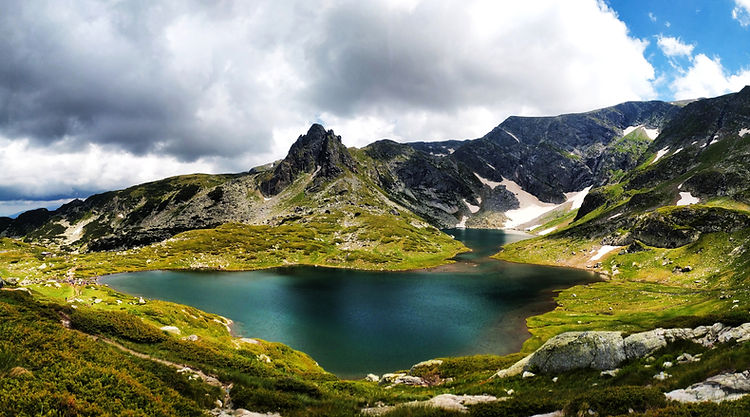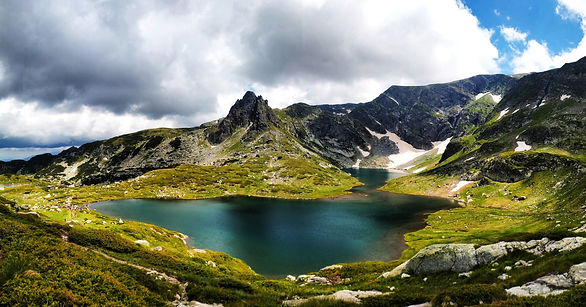
Bulgaria
Europe
About Bulgaria

Sara and John say...
With a blend of Mediterranean and central European cultural influences, Bulgaria has a climate to match. It can be very warm and very cold, depending on the time of year.
Winters are characteristically cold. There’s often a light blanket of snow on the ground, although away from the high Balkan mountain ranges, depths are usually not great. The plains of Bulgaria can often be dry in winter, but low cloud and mist can keep temperatures below freezing for weeks on end. And when Siberian winds arrive from the northeast, severe frosts can occur. The Black Sea coast is often milder, however.
Springtime sees the temperature fluctuating frequently as freeze and thaw battle it out across the country - almost on a daily basis!
But the last of the snows melt away from all but the mountains by May, and the summer months that follow see temperatures soaring into the 20s and 30s Celsius. In fact during summer heatwaves, 40C is possible across the inland plains, although the Black Sea coast often enjoys a refreshing breeze. The heat can produce some summer thunderstorms, especially over the mountains. However, these are often short and sharp, meaning that most days remain dry.
By September the air is cooling off, with a sharp decline in temperature through the autumn months, before the first snows of winter arrive by November.
Quick facts about
Bulgaria

Capital:
Currency:
Sofia
Bulgarian Lev
Language:
Bulgarian
Average weather in
Sofia

